![]()
» The Assembly of Experts and its critical stance on the government
An editorial in Saturday’s ‘Arman-e Emrouz’ newspaper condemns the critical position adopted by the Iranian regime’s Assembly of Experts’ towards the government of Hassan Rouhani, stating that the Assembly of Experts should not address and investigate issues that don’t concern it since criticism of the government is not within its remit. The editorialist writes, “Recently the Council of Experts held their second meeting. The meeting included various topics, one of which was the situation concerning the people’s livelihoods and how to implement the ‘resistance economy’ program. First of all, you must be aware that the Assembly of Experts consists of a group of clergymen; the basic reason for the establishment of this Council and its goal is to find a proper person to appoint as a successor to Supreme Leader if something happens to the current leader, in order to prevent and neutralize any threat or chaos which could ensue or emerge in society as a result of that. ”
The writer says that it’s natural that the Assembly of Experts should hold meetings at which its members discuss various societal issues, so as to keep abreast of current affairs and social and political events in the country; however, he adds, if the Assembly of Experts wanted to accurately analyze these issues, its members should obtain their reports from different institutions and senior officials involved in these areas.
He continues, “For example, the council [of the Assembly of Experts] at its last meeting discussed issues such as how to implement the ‘resistance economy’ and to improve the people’s worsening economic situation; in cases like this, they should be expected to invite individuals who are knowledgeable in these fields and obtained sufficient information about these wide-ranging topics, which require the presence of the President of the Republic, or at least the minister of economy, but this was not seen at the council’s meeting. ”
The editorialist implies that rather than obtaining expert information, the Assembly of Experts receives its reports from people who are unfamiliar with all aspects of the subjects under discussion (i.e. opponents of the government), asserting that instead of criticizing the government the council should encourage people to participate in the upcoming elections in the framework of support for the government. The writer concludes by suggesting that while the founding principles of the Assembly of Experts’ council were based on moderation, if it has negative objectives such as weakening the government, this will not only damage society but national unity.
An Editorial in Arman-e Emrouz Newspaper on Mar. 11th, 2017
» Year of National “Grief”
An editorial in Monday’s Ebtekar newspaper focuses on concerns over deteriorating economic and living conditions in Iran and low rates of investment there as the Iranian New Year approaches. The editorialist expresses grave concern at the tragic situation in Iran, saying that unemployment figures are increasing and foreign investors fleeing. Despite the beginning of the Iranian New Year coinciding with the anniversary of the signing of the nuclear agreement, he writes, some parties in Iran seek to prevent foreign investment in the country.
Expressing his frustration with the current situation, the editorialist writes, “I wish the situation of the Iranian economy and the labor market was not miserable as we approach the end of the year; we wish that the Iranian people could greet spring with hearts filled with happiness and joy, but it must be said with words filled with sadness that things are not as we would wish. ”
The editorial suggests that the labor markets during the Iranian year now drawing to a close has been unable to absorb and accommodate more than half a million of the country’s unemployed, while the economy is unable to provide rapid growth for investment, adding that the banks which are the basis for providing liquidity to the labor market and production are on their last breath, as Government Rouhani was not able to repay the government’s debts to them.
The writer adds, “Unfortunately, during the current year, foreign investors have stopped at the gates of Iran, and those who entered the gates left again and will not reenter. Politics has played a negative and deterrent role in the Iranian economy and tightened the noose, sometimes so much so that investors preferred to escape in order to survive.”
The editorialist says that attacks on the government’s economic record by the domestic opposition have become more pronounced since last autumn, voicing regret that those who squandered the country’s wealth during the eight years of their rule (an oblique reference to Ahmadinejad and the fundamentalist lobby) are today demanding the Rouhani government’s clarification.
The hopes for the nuclear agreement, which many believed would grant the Iranians hope of a better life, and the ability to interact with the world and escape their isolation, have been unfulfilled, the editorialist adds, asserting that the criticism by the government’s domestic opponents and the chaos they have caused has led foreign investors to look elsewhere for better investment locations
The writer adds that the country’s current “misery is due to those who destroyed the economy, and stood as a barrier to the entry of foreign investments, who now are wondering where these investments went. The year 2016 will undoubtedly be named as the ‘year of national grief’ in Iranian history, and when we recall it in the future we will condemn those who did not allow this year to end with the same hope that we started it with. ”
Editorial in Ebtekar Newspaper on Mar. 13th, 2017
» The attack on “the existence of” journalism
An editorial in Tuesday’s Ebtekar newspaper criticized attacks on Iranian journalists by political and social activists, as well as by athletes, in the country. These attacks take two forms, physical and psychological, the editorial stated, attributing this hostility to the weakness of Iranian media organizations, and the lack of an effective trade union to represent journalists in the country. “We journalists have been subjected to a lot of verbal abuse in recent years by politicians, even being beaten by sportspeople, with this entire taking place at a time when this group [journalists] is enduring hardship and suffering and seeks only to carry out its duties to the fullest.”
The editorialist asserts that Iran’s journalists are currently facing many problems, including job insecurity and concern about the closure of newspapers, as well as being constrained by the red lines they face over what they can and cannot write, and facing indifference from regime officials over their demands. He adds, “Journalists had thought that artists and cultural figures would supposedly defend them for what they’re doing, but what happened was contrary to expectations, with artists wanting instead to chastise and in some cases insult them,” calling this behavior rude and ill-mannered.
The writer asserted the need to analyze this phenomenon in order to identify the causes behind such behavior, identifying three principal reasons. The first, he suggested, is an ignorance among the audience of the nature of journalists’ work and its requirements; what further exacerbates this ignorance in Iran, he continued, is the lack of any mechanism to increase awareness of media’s role and responsibilities. The editorialist identified the second reason for the phenomenon as being the unprofessional and undisciplined behavior of a number of high-ranking officials towards some individuals within the field of journalism; when such officials call journalists ignorant or uneducated, he asked, what qualifies these officials to use such insulting language about journalists? Are these officials lecturers in ethics and thus qualified to assess these qualities, he added sarcastically. The writer suggested that seeing journalists treated with such contempt by authority figures gives the wider public a negative perception of journalists, as well as allowing many officials carte blanche to do and say whatever they wish without being held to account.
The third reason for this phenomenon, the writer said, is the lack of an effective trade union for journalists to provide the same protection and solidarity available to members of other professions in the country, with the Association of Iranian Journalists unable even to achieve a minimum wage guarantee for its members.
Given all these reasons, the writer concluded, these debased views of journalists’ value would ensure that attacks on Iranian journalists would become routine, posing grave threats to them and to the future of journalism in the country.
An Editorial in Ebtekar Newspaper on Mar. 15th, 2017
![]()
Khamenei: People must see the effects of resistance economy
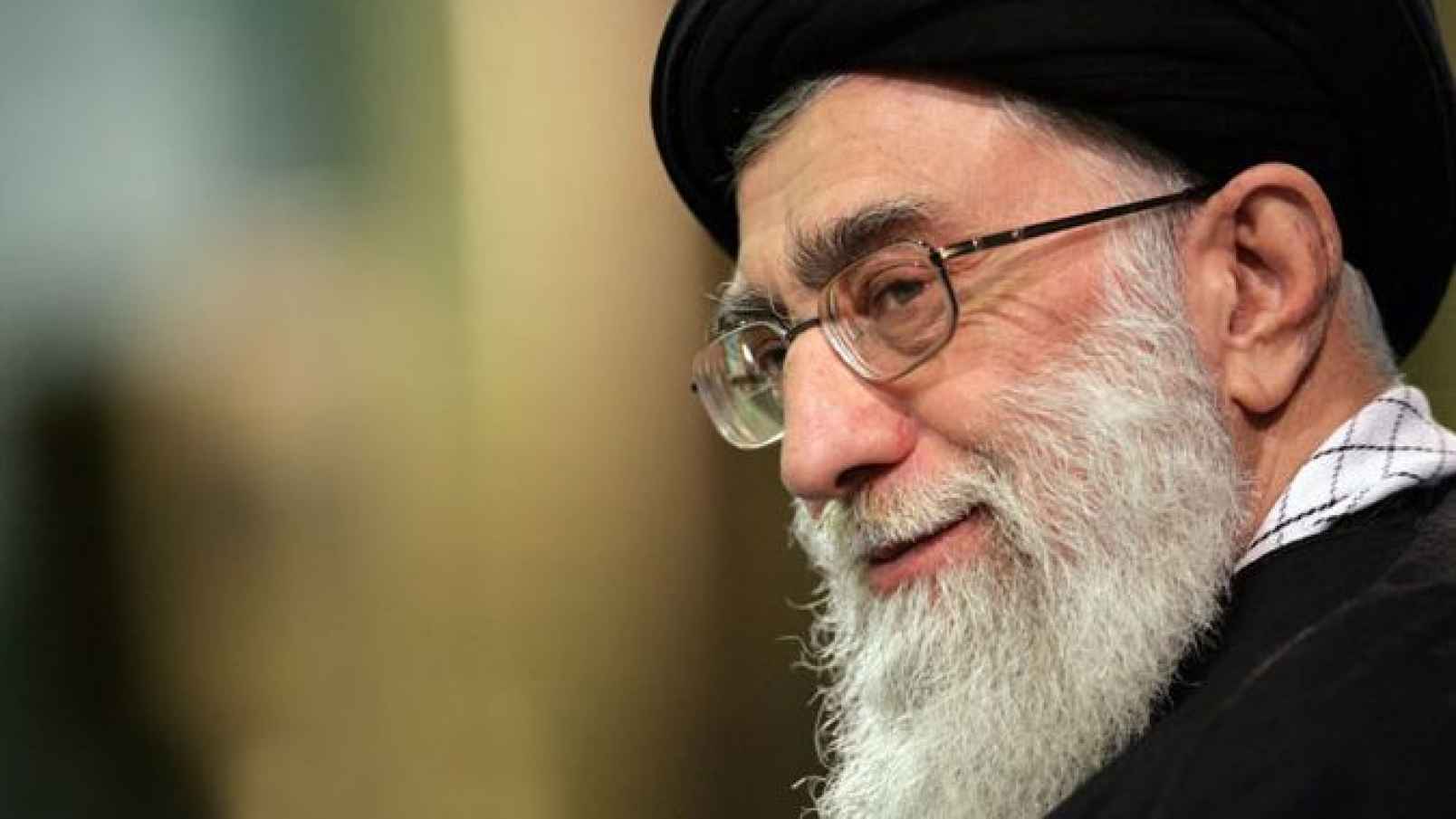
Iran’s leader Ali Khamenei said that in issues such as production, employment, and combatting inflation in the real sense of the word, smuggling, import, and export, it should be acted in such a way that people can feel its impacts completely in their lives, but “it is not like this now.” Khamenei said, “I have told the president that announcing macro-indicators is good if they are true, but they will not have any impacts on people’s lives in short- and medium-term.”
While emphasizing that officials should show responsibility towards people’s livelihood, he added, “With incessant efforts and making impacts of resistance economy visible in people’s lives, we should accelerate the glorious trend which has existed in recent 4 decades.”
Mehr news
Iran criticized IAEA for inserting confidential safeguards information in its report
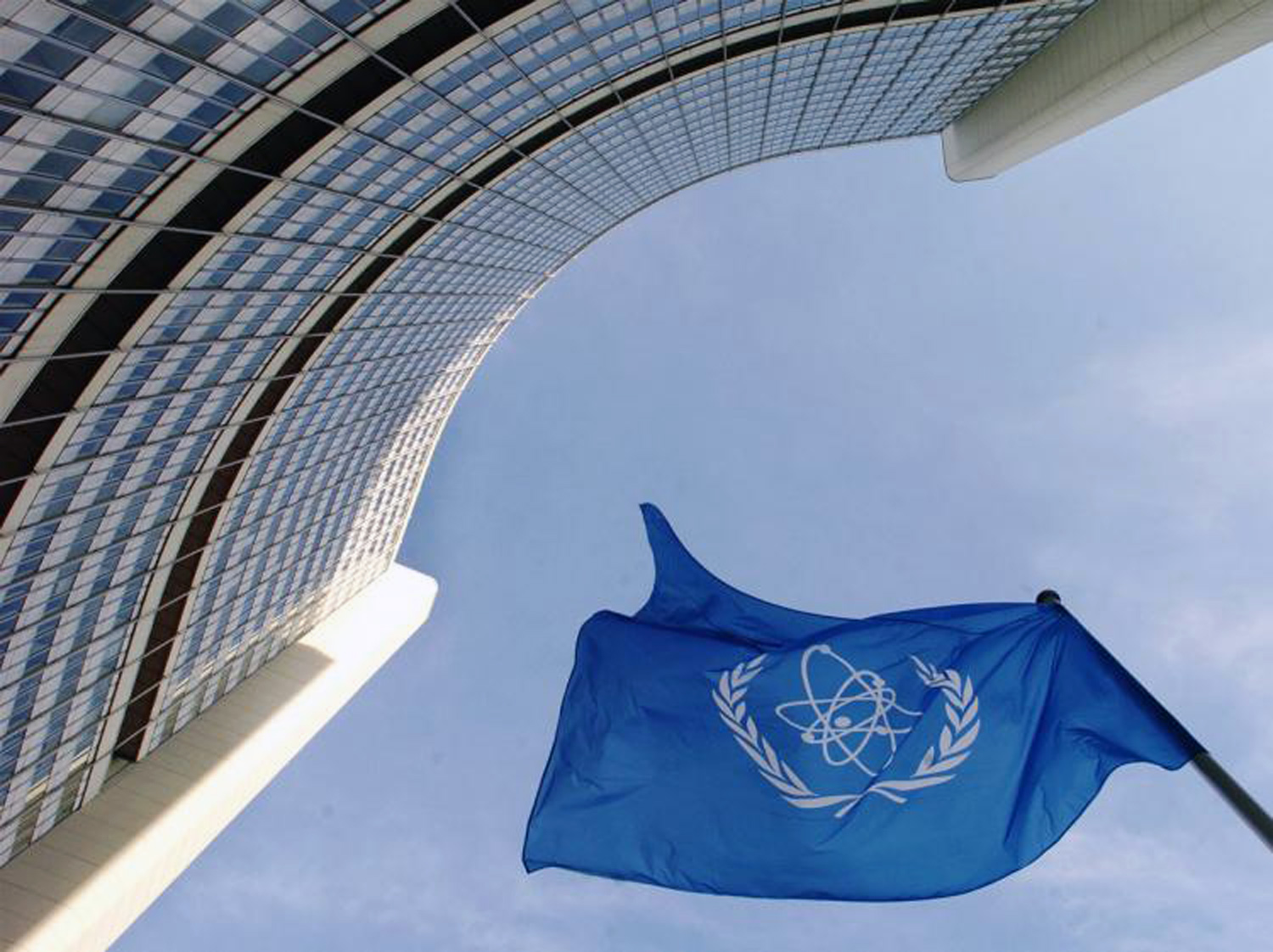
Iran’s Resident Representative to International Atomic Energy Agency (IAEA) expressed dissatisfaction with the implementation of JCPOA by other parties of the deal and announced Iran’s disagreement with inserting confidential safeguards information in IAEA’s report on the pretext of transparency. Reza Najafi said from the beginning of the implementation of the nuclear deal, Iran has met its obligations in JCPOA as IAEA’s reports show, but other parties in JCPOA do not still fulfill their obligations satisfactorily.
Najafi added that mutual and complete implementation of obligations by all sides, including P5+1, would be an essential requirement in JCPOA’s sustainability.
In response to some delegations, which have demanded disclosure of Iran’s confidential safeguard information in details, Najafi announced that Iran is strongly against such disclosure on the pretext of transparency. He added that JCPOA clearly asks IAEA to “adopt all measures to protect all secrets of the trade, technology, and industry, as well as other confidential secrets, that are given to the Agency.”
Fars News Agency
Seven killed in explosion in Ardabil
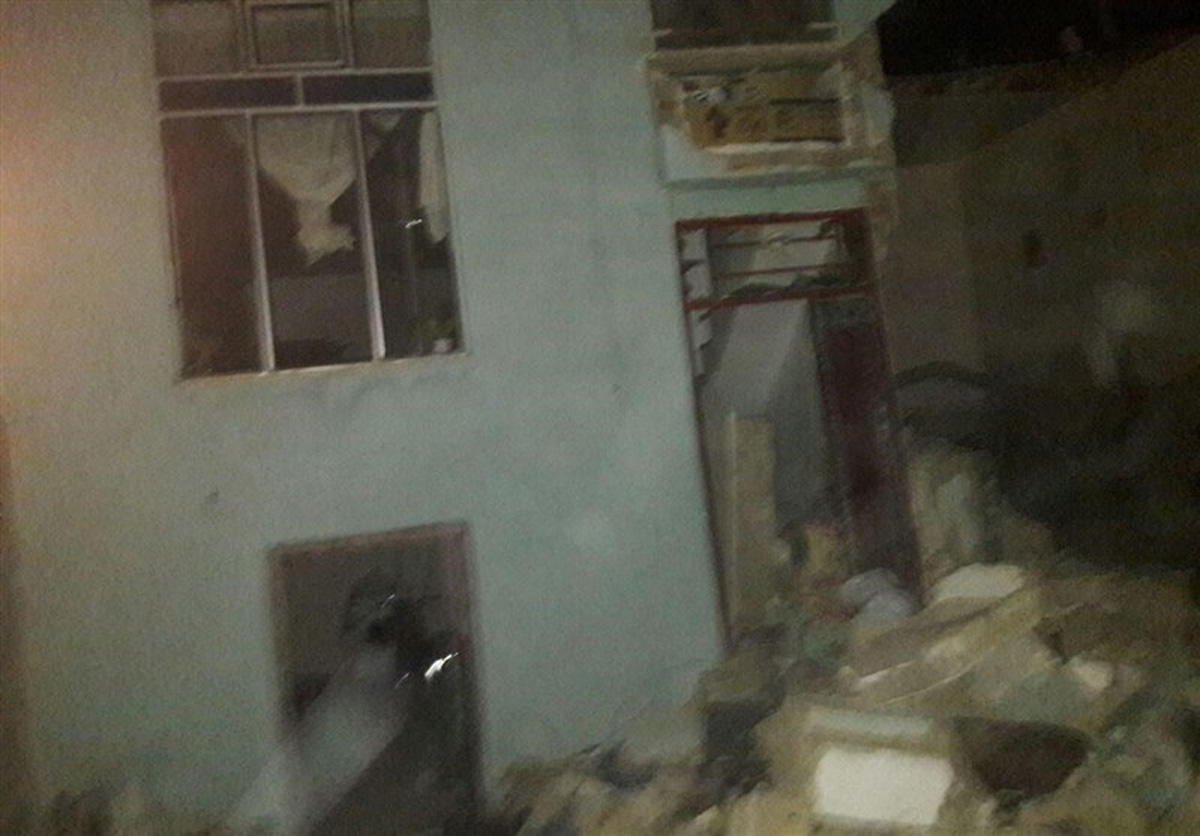
Following an explosion in a residential building in the city of Ardabil, northwestern Iran, at least seven people were killed and several people were wounded. According to Ardabil’s Fire Department Director, the victims were taken to Fatemi Hospital in this city, and the cause of the accident is still being investigated.
BBC Persian
Iranian MPs criticize Ahmadinejad for letter to Trump
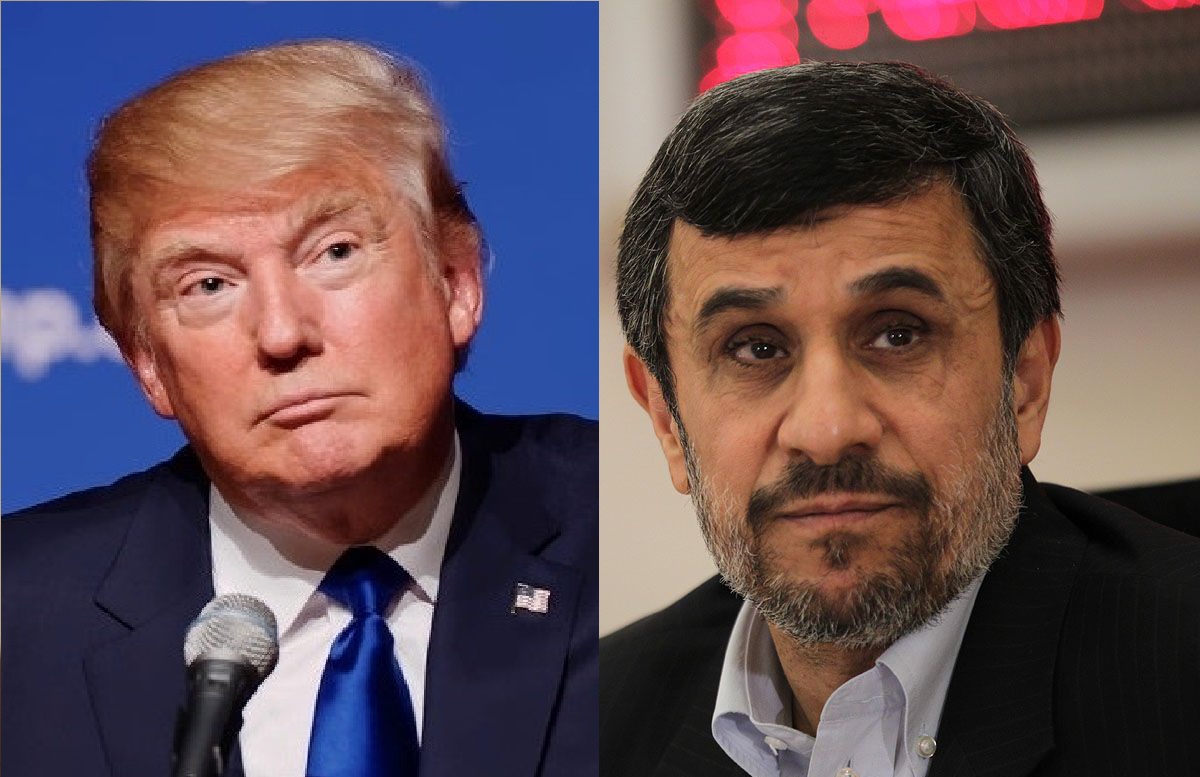
Several Iranian lawmakers criticized former president Mahmoud Ahmadinejad’s letter to U.S. president Donald Trump for undermining Iran’s credibility on an international level. Ardeshir Nourian, the member of the parliament’s National Security Commission, said sending letters to other countries on senior officials’ level has its own international norms, demanding prevention of any actions, which would harm the country’s dignity.
Nourian called such measures far from diplomatic norms, saying that Ahmadinejad’s letter to Trump was outside all international frameworks and rules.
On 26 February 2017, Mahmoud Ahmadinejad wrote a letter to Donald Trump, asking him to reform U.S. political and election system, and respect women by increasing their participation.
Anatoli Agency
American scholar: Iran clerics to undergo tension in future
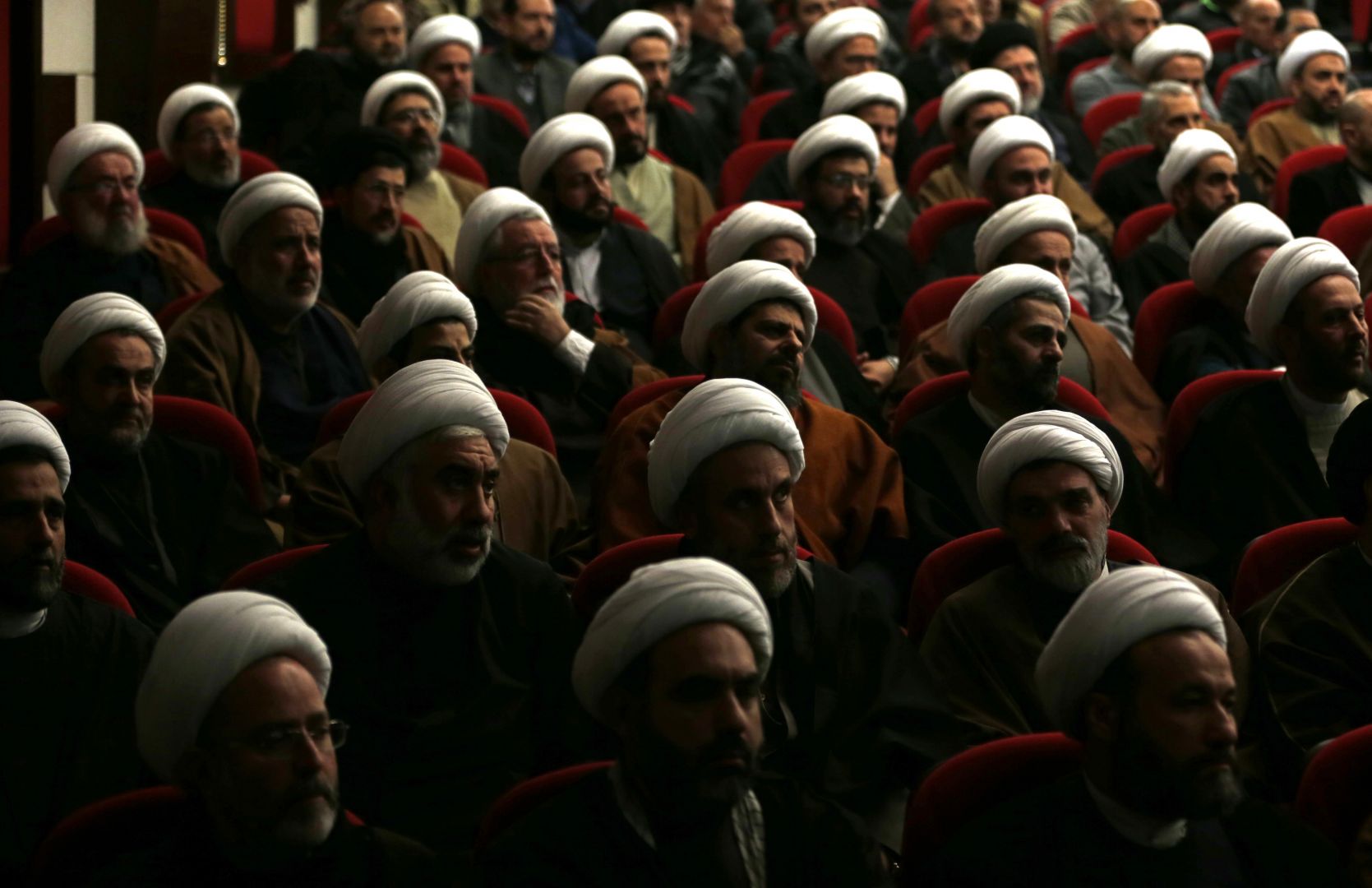
Andrew Scot Cooper, Columbia University professor in New York, says clerics in Iran are worried that a senior cleric like Imam Musa Sadr might emerge to start a reformation in the clerical atmosphere in Iran. Cooper told VOA Persian: “In my opinion, current regime [in Iran] fears that a future Imam Musa Sadr will come step by step, just as Khomeini did, and they want to identify this person because I think that Shia will go through a reform from within.”
He added that there are indications pointing to differences among senior clerics in Iran. He said, “I don’t think all clerics would agree with functions of the establishment in Iran. In my opinion, there is a lot of religious dissatisfaction, more than we know about.”
Andrew Scot Cooper is the author of The Fall of Heaven: The Pahlavis and the Final Days of Imperial Iran.
VOA Persian
Unwritten elections alliance between Rouhani and Larijani
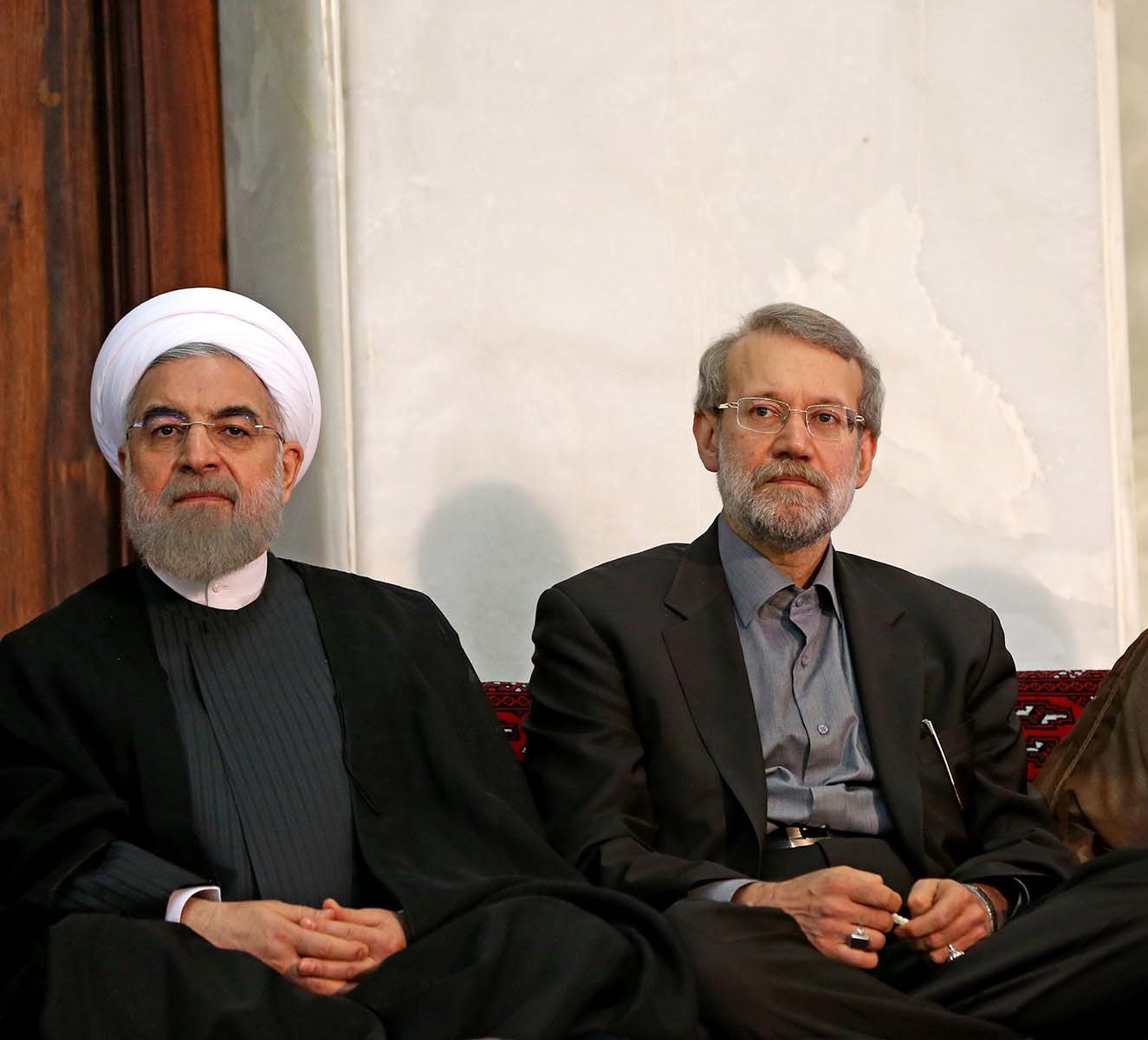
While the gap between radical and moderate fundamentalists is considerably widening, a part of fundamentalist current, which is after establishing calm in the society, is systematically approaching the moderates. Abdullah Nasseri, the member of Reformists’ Advisory Council, confirms the formation of an unwritten and unofficial election alliance between Larijani and Rouhani. Nasseri Belives that Larijani’s behaviors after 2013, which have been in line with government’s policies, clearly show the formation of such an unwritten alliance.
It seems that this alliance would increase the power of those who resist the radicals, because of Rouhani’s views towards domestic policies. The current affiliated with Larijani, Rouhani, Nategh Nouri, and late Hashemi Rafsanjani is after settling the issues through dialogue and an interactive atmosphere while trying to oppose to the radicals that are after disrupting the political calm in the society.
Vaghaye Daily
Zarif: Differences in Iran will be resolved at ballot boxes

Iranian Foreign Minister Mohammad Javad Zarif emphasized the significance of people’s presence in elections, saying, “In Iran, unlike certain other countries, the differences will be settled at ballot boxes, and the view that is more acceptable by people will be elected and accepted.”
Zarif added Iranian people with their high participation in upcoming elections would send this message to the world and especially those who are against Iran that “they should talk with these [Iranian] people with the language of respect, not threats and intimidations.”
Jam-e-jam online
Shahidi Mahalati: Leader demanded to grant citizenship to ‘Fatimiyoun’

Mohammadali Shahidi Mahalati, head of Foundation for Martyrs and Veterans’ Affairs, said during past year, 2,000 people from “Defenders of Shrine” lost their lives and were covered by Foundation for Martyrs. He added that the Iranian leader Ali Khomeini emphasized on protecting Defenders of Shrine, especially Fatimiyoun Division, saying: “Protecting these families [of Fatimiyoun Division] is our responsibility. Just imagine if they go back to Afghanistan and Taliban get to know about their going to war in Syria! That is why you should grant them citizenship, and certainly cover them under Foundation for Martyrs.”
Fatimiyoun Division is an Afghanistani Shia militia formed in 2014 to fight in Syria and is funded, trained, and equipped by Iranian Revolutionary Guards.
Tasnim Agency
First Iranian advanced tank to unveil
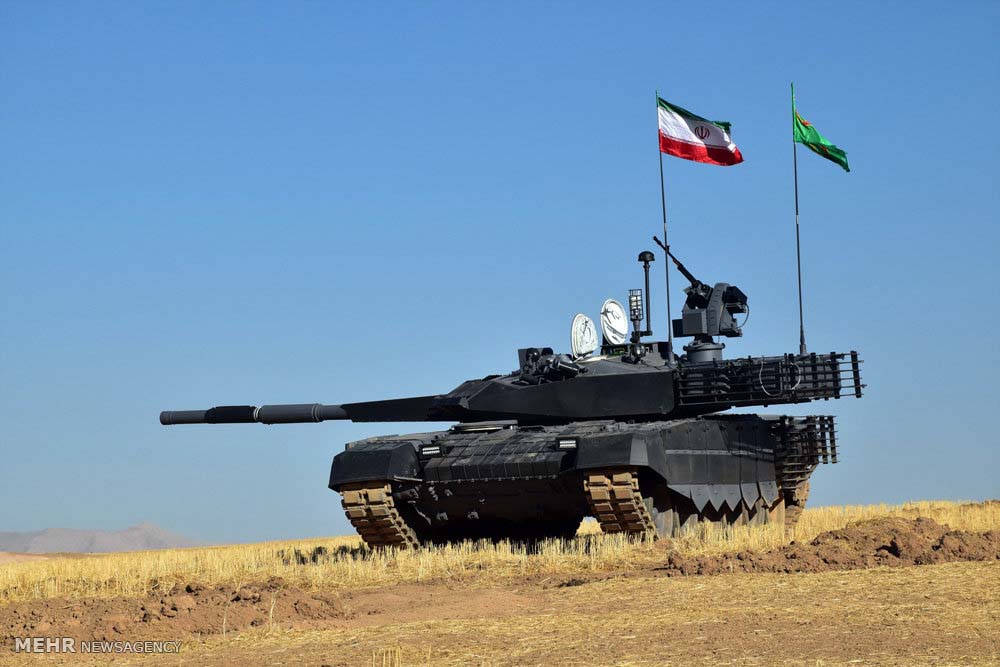
The first Iranian advanced tank, “Karrar,” is set to be unveiled with the presence of Defense Minister Hossein Dehghan, and at the same time, its production line will launch in Bani Hashem Armor Industry in Dorood. All processes of designing and building “Karrar” are carried out in Bani Hashem Armor Industry, affiliated with Ministry of Defense and Armed Forces Logistics.
Jam-e-jam online
Iran holds camp for Fatimiyoun Division
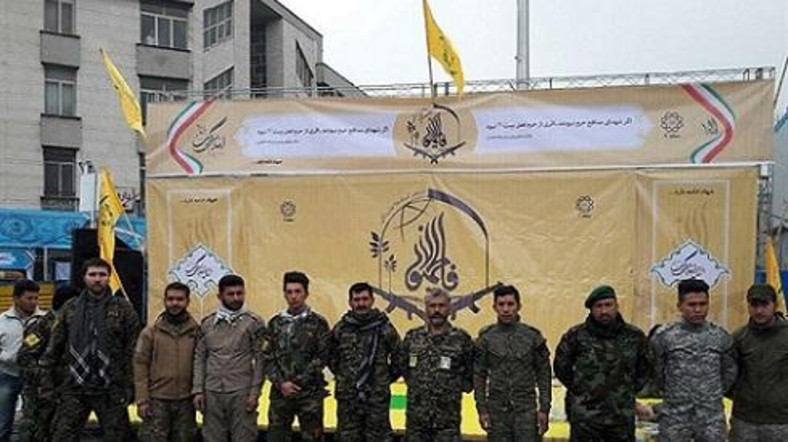
Forty members of IRGC-backed Fatimiyoun Division, Afghan militia who fight in Syria for Assad regime, have recently visited the battlefields of Iran-Iraq war, reported Tasnim News. They were sent to southern Iran on a tour called Rahian-e Noor (Passengers of Light) which takes visitors to Iran-Iraq war zones throughout the year. More than 50% of IRGC-backed militia in Syria are Afghans and Pakistanis residing in Iran who have been organized and equipped by the Guard as Fatimiyoun and Zaynabioun brigades to be deployed to Syria.
Anatoli News Agency
‘Chantages against Iran’s missile program is psychological war’
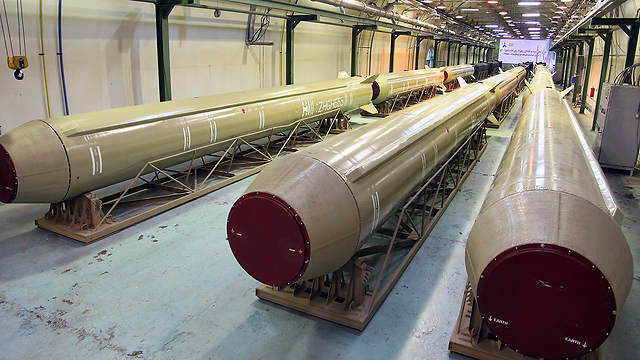
Former parliamentarian Mohammad Hassan Asfari stated, “Americans’ chantages against Iran’s missile program in the United Nation’s Security Council can be considered merely as psychological war.” In an interview with Mizan News, Asfari added Iran would not tolerate the foreigners’ meddling in its defensive affairs. “We are free to do missile tests and be prepared to defend our borders,” he said. Asfari also pointed out, we knew that after JCPOA, “enemies” would immediately pick on us about issues such as missile programs and human rights.
Javan daily
Reason for deleting more than 100 Iranian books from Amazon website

Amazon Website has deleted more than 100 Iranian books, claiming that there are legal and financial problems in publishing these books. Recently Amazon created significant restrictions for Iranian publishers, making a presentation of Iranian books on this website very difficult.
For selling books on Amazon, it is necessary to have bank account number outside Iran, which will be provided if the company or the institute registered outside Iran is permitted to have global economic activities. In other words, the publisher must have a bank account outside the country, so that Amazon can pay or receive the amount of transaction.
All these make it very challenging for Iranian publishers to be present in Amazon market, partly because of economic structure that exists in the country, as well as the companies’ inability in doing the transaction in global markets.
Sputnik news
Civil and military retirees assembled throughout country
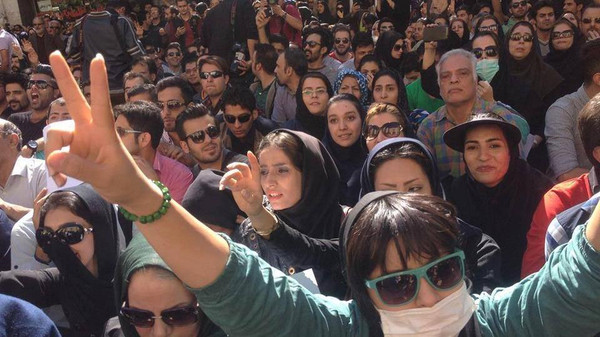
A large number of civil and military retirees gathered in protest assemblies throughout the country. Those taking part in this assembly in Tehran in front of President’s Office and in other cities in front of retirees’ organizations announced their demands as an adjustment to pensions, increasing insurance services for retirees, and improving livelihood. This assembly was organized on Internet a few days ago.
ILNA
Hadad Adel: Popular Front for Islamic Revolution manages any election alliance
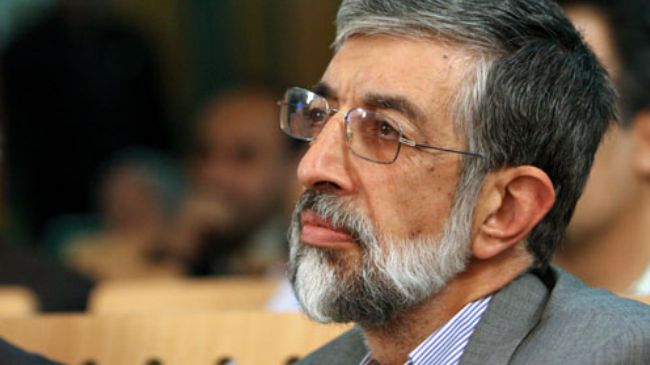
Gholamali Hadad Adel, deputy head of Popular Front for Islamic Revolution, pointed out to principlists’ alliance in 2013 presidential election, saying that the problem with that alliance was that it was formed between candidates, and not supported by any formation. Hadad Adel emphasized that currently, the formation of Popular Front for Islamic Revolution is managing all alliances, making it less probable to create any divisions [among principlists]. He added, “whoever creates division must pay a high price for it.”
Mashregh news
Tehran requests UN to end human rights rapporteur’s mission
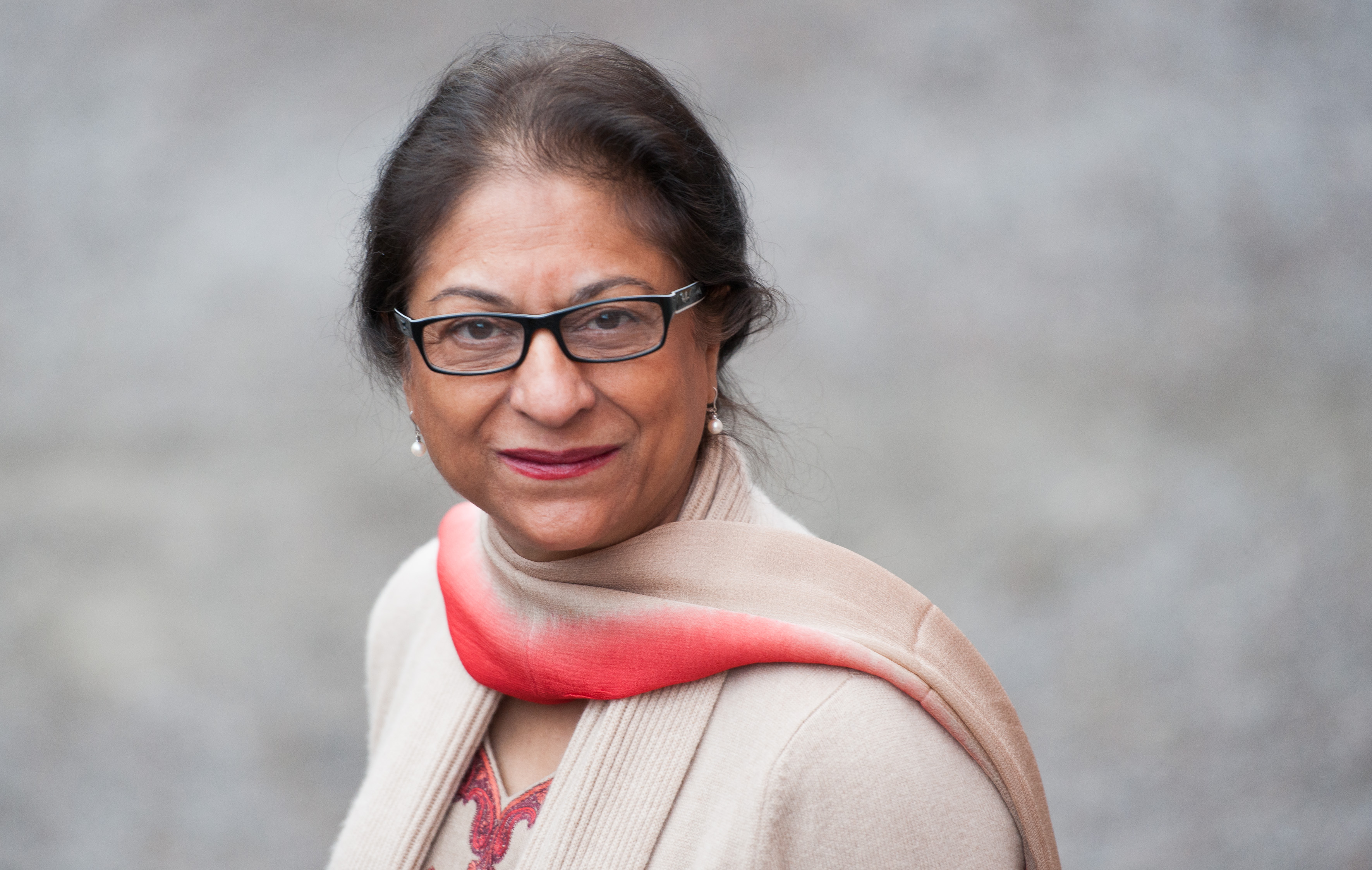
Kazem Gharib-Abadi, Iran’s Human Rights Council director for international affairs has asked United Nation to end the mission of its special rapporteur on human rights situation in Iran. Gharib-Abadi called Iran the “greatest democracy in the region,” and said appointing a special rapporteur for Iran is a “politically motivated and selective” measure.
The UN Special Rapporteur on human rights in Iran Asma Jahangir in her latest reports has referred to the number of executions, recent prison terms and suppressing political activists, saying human rights violation in the Islamic Republic has reached an “alarming” level.
Radio Farda
Iran’s next year budget finalized
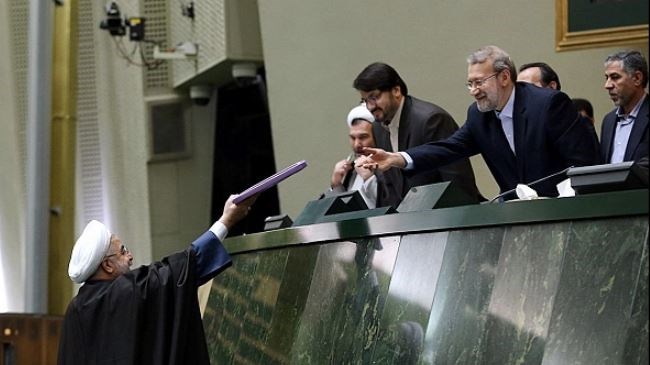
Parliament Speaker Ali Larijani announced that Guardian Council has confirmed Iran’s next year’s budget bill as about $311 billion. According to the bill, the price of oil is estimated as $55 per barrel. After lifting sanctions, Iran’s oil export has doubled, with more than 2 million barrels per day.
Radio Farda
IRGC to improve Iran’s defensive power
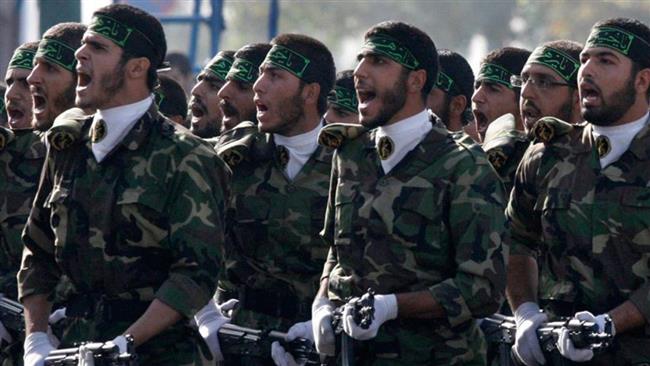
Head of public relations for Iran’s Revolutionary Guards Corps has stated that improving the country’s defensive power is IRGC’s main agenda. Brigadier General Ramazan Sharif added Iran has “sworn enemies”, so IRGC needs to reinforce defensive and military capabilities. Sharif also quoted “all the country’s authorities” as saying that strengthening defensive power is one of Iran’s “major priorities” and “it is never negotiable”.
Vatan-e Emrooz
Execution of four drug-related prisoners in Zahedan and Chabahar
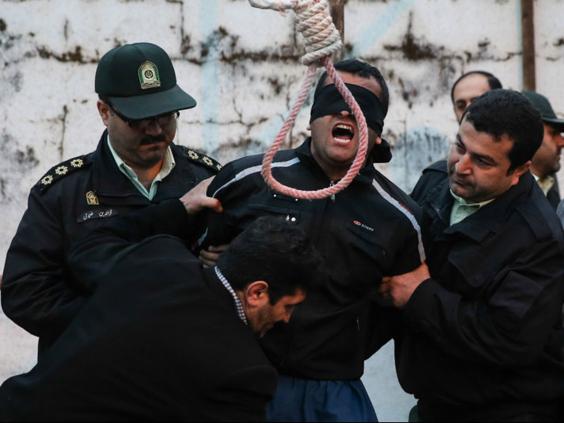
As the Legal Commission of Iran’s Parliament ratifies the removal of the death penalty for drug-related convicts, four prisoners charged with drug-related crimes have been executed in Zahedan and Chabahar.
The executions were carried out while Molavi Abdulhamid Esmail-Zehi, Friday Mass Prayer Imam for Sunnis in Zahedan, had previously expressed the Sunnis concerns in a letter to Iran’s Supreme Leader over “rumors about judiciary chief’s order to expedite execution of Sunnis in drug-related cases”.
Yar-Mohammad Rigi, Esmail Rigi, and Rahim Rigi were executed in Zahedan’s prison and Manoochehr Abkhiz in Chabahar’s prison. At the time of execution, tens of their family members were gathered in front of Zahedan’s Central Prison, asking to halt the executions.
Iran Wire
